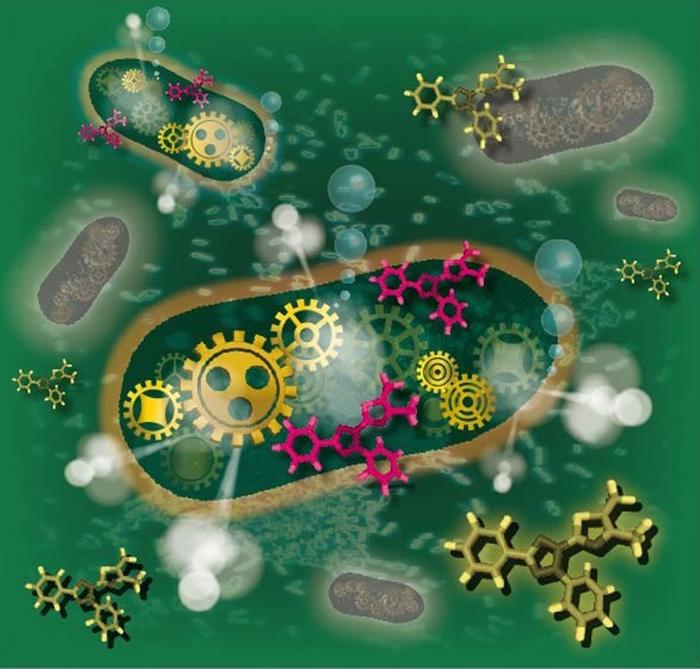It is said that there is waste in haste, but researchers from Osaka Metropolitan University have proven that doing things rapidly does not necessarily mean working ineffectively. A research group led by Professor Hiroshi Shiigi at the Graduate School of Engineering, Osaka Metropolitan University has developed a technology that can rapidly and accurately determine the number of viable bacteria in food products electrochemically, using tetrazolium salt (MTT), a water-soluble molecule.

Credit: Hiroshi Shiigi, Osaka Metropolitan University
It is said that there is waste in haste, but researchers from Osaka Metropolitan University have proven that doing things rapidly does not necessarily mean working ineffectively. A research group led by Professor Hiroshi Shiigi at the Graduate School of Engineering, Osaka Metropolitan University has developed a technology that can rapidly and accurately determine the number of viable bacteria in food products electrochemically, using tetrazolium salt (MTT), a water-soluble molecule.
One of the most important assessment indicators for ensuring that food is free from contamination is the number of viable bacteria. However, conventional measurement methods take up to 2 days to yield results, and these results are only available after the food has been shipped from the factory—leading to potentially fatal consequences. Therefore, it is imperative to have a testing method that speeds up the process of identifying bacterial contamination before shipment.
The researchers have succeeded in drastically reducing the inspection time from 2 days to about 1 hour, regardless of the bacterial species. “With this method, we can quickly measure the number of viable bacteria, allowing us to confirm the safety of food products before they leave the factory and to prevent food poisoning,” Professor Shiigi explained. “This method does not require complicated operations or expensive equipment. Therefore, we will continue to optimize the measurement conditions and expect to see the development of a portable sensor in line with the development of research aimed at practical applications.”
Their results were published in Analytical Chemistry.
###
About OMU
Osaka Metropolitan University is a new public university established in April 2022, formed by merger between Osaka City University and Osaka Prefecture University. For more research news visit https://www.omu.ac.jp/en/ or follow @OsakaMetUniv_en and #OMUScience.
Journal
Analytical Chemistry
DOI
10.1021/acs.analchem.3c01871
Method of Research
Experimental study
Subject of Research
Cells
Article Title
Evaluation of Bacterial Activity Based on the Electrochemical Properties of Tetrazolium Salts
Article Publication Date
10-Aug-2023




